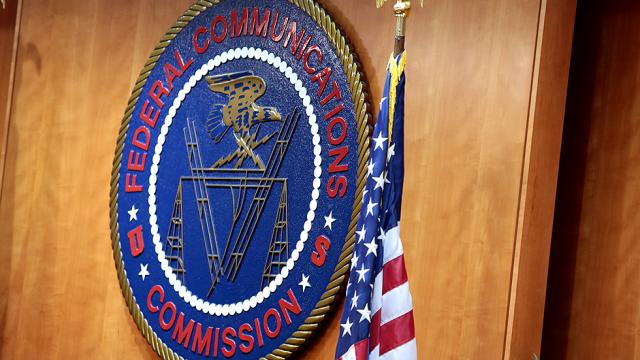In a recent interview published on Protocol, outgoing FCC chair Ajit Pai states that he will not pursue any further reforms to Section 230 of the Communications Decency Act. While his successor may take up the charge in the future, it’s likely to be a very different sort of reform. What does that mean for blogs like The Solid Signal Blog?
A little disclaimer
This is an article I’ve debated writing for a long time. The thing is, the topic is relevant to what we do here, in a lot of ways. But it’s so politically charged that it’s hard to even discuss without inviting a lot of commentary that isn’t appropriate here. And the irony there is that just by discussing Section 230, you have to be prepared to use the protections it affords you. It’s sort of the Fight Club of telecommunications law.
What is Section 230?
You can find the full text of the section here. The section that most often applies is,
No provider or user of an interactive computer service shall be held liable on account of—
(A)
any action voluntarily taken in good faith to restrict access to or availability of material that the provider or user considers to be obscene, lewd, lascivious, filthy, excessively violent, harassing, or otherwise objectionable, whether or not such material is constitutionally protected; or(B)
any action taken to enable or make available to information content providers or others the technical means to restrict access to material described in paragraph (1).[1]
That means two things. It first means that if you, the reader, post something that’s obscene or illegal, I can’t get sued. It also means that I have the right to restrict your comments if I find them “otherwise objectionable.” In other words I can delete what I want, if I don’t like what you write.
Big companies like Facebook and Twitter interpret this section pretty much the same way. They say that they aren’t required to delete stuff that is against the law, or that even suggests something illegal. On the other hand they’ve also used it to ban users who violate the rules of those services.
Section 230 isn’t perfect
I think we have to acknowledge from the start that Section 230 was written in 1996 and its goal was to get the internet off the ground. The world has changed ten times over in the last 25 years and the last thing we have to worry about at this point is that people won’t want to get online. So, from the point of view of intent, it’s not necessary.
Section 230 also gives internet providers a lot of shelter. That’s good for a smallish blog like this one which only serves about 250,000 users per month. We can’t afford a large legal department to scrutinize everything we post and every comment. We depend on Section 230 to help shield us from litigation.
On the other hand, services like Facebook and Twitter are so large and pervasive that they are on par with television networks. Yet, TV networks are prohibited from saying some of the things that Section 230 allows.
TV Networks do get a lot of editorial power to block comments, but they’re expected to use it to vigorously serve the public. Broadcasters can get fined if they allow profanity, hate speech (as defined by the law), or incendiary comments. The kind of stuff you see in practically any long Facebook comment thread would land a broadcaster in real hot water with the FCC.
And that’s the real issue
At what point should electronic journalists be treated like, well, journalists? Should there be a responsibility to moderate content far beyond what’s required now? In the past several years, we’ve seen people line up on predictable sides on the issue. The one thing that is clear from where I sit, personally, is that a lot more nuance is needed.
I know that if Section 230 were to disappear completely tomorrow, this blog would change greatly. All comments would disappear from the site, and all social posts would be locked with no commentary allowed. That would hurt you all as much as it hurts Solid Signal. Our ability to really interact with our community is part of what makes us special. Taking that away would be a real shame.
But as a person, I see the problem when it comes to big online players. It’s practically impossible to ignore at this point that you can say some really heinous things online. You can also plan actions that cause real damage and hurt people.
My hopes for the coming four years
I took over this blog in 2012. For most of the first four years of my tenure Tom Wheeler chaired the FCC. I savaged him pretty brutally for some of his actions. Those articles, which have since been deleted, were considered by some to be in poor taste. So, when Ajit Pai took over in 2017, I took on a much more measured approach to my reporting of the FCC. It’s been popular with readers.
I hope that in the next four years, that I’ll be able to keep a similar tone. The new FCC has a lot of work to do ahead. Reform of Section 230 probably ought to be part of it, but they should also consider ATSC 3.0 and what to do with that. The commission should work to approve 5G cell boosters as well. I think there needs to be a common-sense path toward an open internet. That path must also respect providers. That’s a lot of work. I sincerely hope that the new chair, and their commissioners, are all up to the task.





